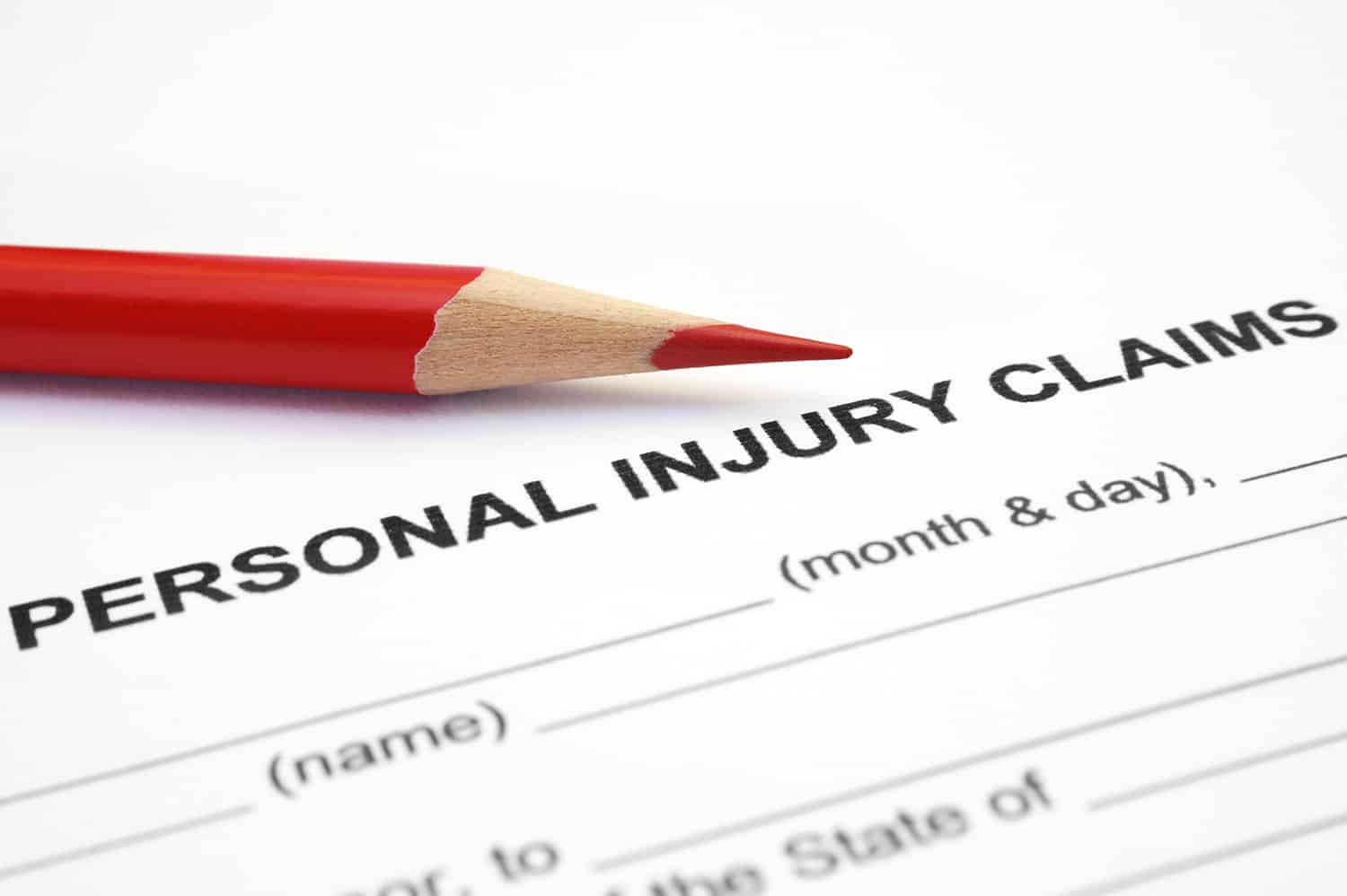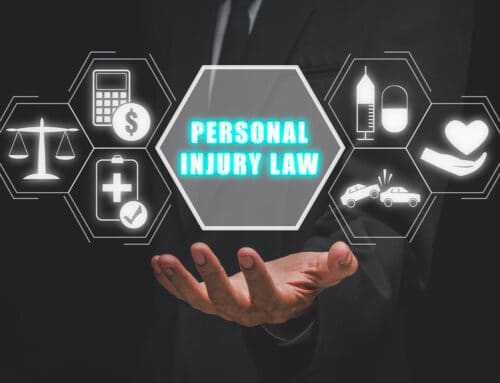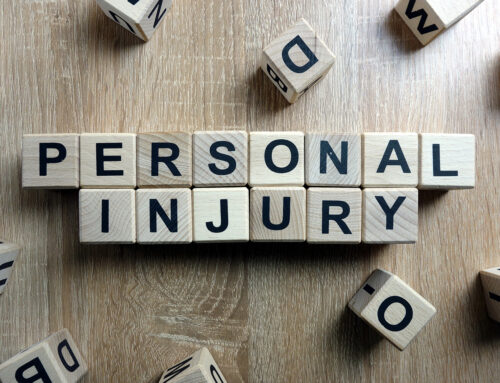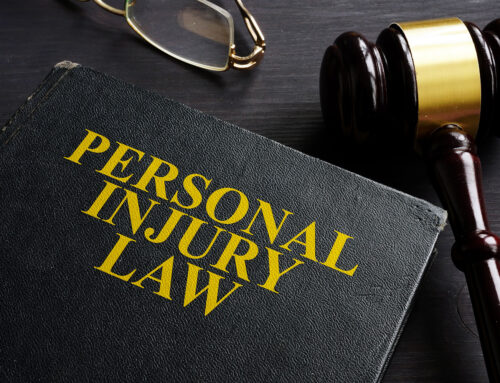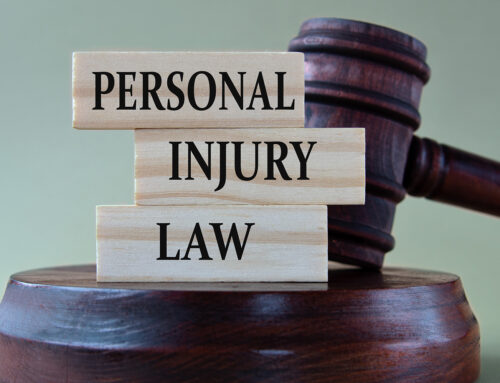Californians value their personal injury laws that provide compensation to those who suffer harm from the negligent acts of others, but individuals who experience personal injuries must take a proactive stance to protect their rights and file a claim.
Knowledge and understanding of personal injury law in the Golden State is key to a successful outcome if you need to initiate a claim. You must pay attention to evaluating facts, making decisions and adhering to deadlines.
1. Document Everything
Since the burden of proof is on the plaintiff in a personal injury case, you need to record the details of the incident, gather applicable police and medical reports, take necessary photos and locate witnesses. If your extensive injuries do not allow this, have a family member or close friend follow up on these items.
Remember that California follows a pure comparative negligence rule in personal injury cases. If you were reading texts on your phone when you tripped over a box while shopping, a judge or jury could deem you were 20% at fault, and any judgment you win against the store owner would be reduced by this percentage.
2. Verify Whether Insurance Is in Place
You may present a strong case that someone breached their duty to follow traffic laws, for example, and this negligence resulted in your injuries, but winning a judgment against the driver is meaningless unless the person has insurance or other assets to pay it.
Knowing in advance that you are dealing with an insurance company not only identifies a payment source but also signals that an insurance adjuster and possibly an attorney will become involved.
If the person or business responsible does not have insurance, consider your next options. Many factors come into play, such as the extent of your injuries, the strength of your case, possible assets of the defendant and the amount of money, time and emotional stress needed to pursue further action.
Two other insurance possibilities might apply. In the case of a vehicle accident, you may have elected to carry uninsured or underinsured motorist insurance. Since this coverage is optional in California, you also may have declined it when purchasing your auto policy. If you do have this option, medical expenses and lost wages are usually paid up to the policy limit when the other driver does not have sufficient insurance.
Your own health insurance or group policy at work may also provide coverage for medical bills. A good health policy with a reasonable deductible, along with some vacation time or sick leave for recovery, may suffice.
3. Determine the Court or Venue
If you experienced a personal injury working for your employer, you must file a claim through the California Division of Workers’ Compensation. Let your manager or supervisor at work know about the injury right away. Failure to report the accident within 30 days may forfeit your workers’ compensation benefits.
In most cases, you would file a personal injury claim in the California Court System. If the amount of your claim totals $10,000 or less, you can use small claims court to file yourself, but you must do so within two years of the date of the injury. If your claim is over $10,000, you need to file within two years in one of the 58 superior courts located in California.
If your personal injury resulted from the negligence of a local or state government entity, you must fill out the agency’s own damage claim form first and submit it within six months of the injury date. If the agency denies this mandatory step, you have six months from the denial date to file a court claim.
4. File Your Claim Within the Statute of Limitations
Keep an eye on the calendar as you gather information and make decisions. Some statutes of limitations are quite short, such as 30 days to report a work-related accident. Even the two-year limitation to file a personal injury claim passes quickly. Make sure you don’t let it slip away.
We Provide the Expertise You Need
Personal injury cases frequently become complicated, and we can address your concerns. Contact us at the Law Offices of Brent D. George today at (805) 494-8400 for a free consultation.

